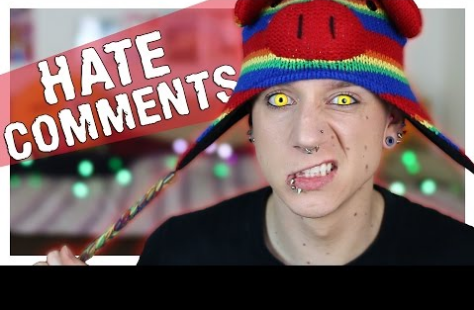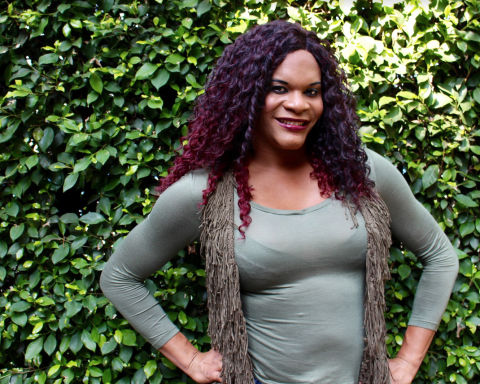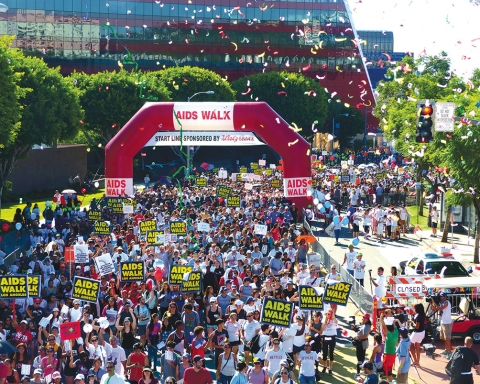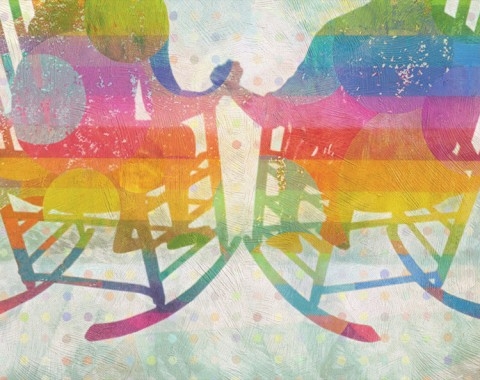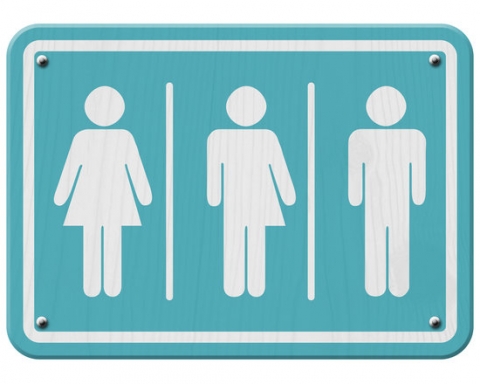By Beh Lih Yi
JAKARTA (Thomson Reuters Foundation) – The rights of Indonesia’s lesbian, gay, bisexual and transgender community may have come under “unprecedented attack” in 2016, according to Human Rights Watch, but activists said progress had seen LGBT people no longer living in the shadows of society.
The LGBT community is largely tolerated in Indonesia, especially in urban areas. But LGBT people suffered a sudden public backlash when a central government minister said in January that LGBT people should be barred from university campuses.
The comment swiftly “grew into a cascade of threats and vitriol” against LGBT Indonesians, rights group HRW said in a report documenting the anti-LGBT reaction, which was released on Thursday.
At the height of the backlash, the authorities banned TV and radio programs from broadcasting LGBT-related information and a minister said the LGBT movement was being used by outsiders to brainwash Indonesians.
An Islamic boarding school for transgender women was also forced to shut down.
Based on interviews with 70 LGBT people and activists, HRW said anti-LGBT rhetoric had fueled increased hostility from family members and neighbors, forcing some LGBT people to
relocate as a security measure, and fostered stigmatization.”While activists have remained steadfastly committed toprotecting their constituents and continuing their work, the government has failed to uphold its international human rights commitments,” HRW said.
It urged Indonesian President Joko Widodo to condemn the anti-LGBT atttacks and end the abuses. Homosexuality is not illegal in Indonesia, and the barrage of
criticism against LGBT has been seen as a test of the country’s largely tolerant attitude towards the group.
“I don’t feel safe with seeing all the ‘end LGBT’ statements on social media. I feel like a dog,” an unidentified 25-year- old gay
man interviewed by HRW was quoted as saying in the report.
Some of Indonesia’s LGBT activists, however, saw a silver lining to the controversy.
Activist Ryan Korbarri, 28, said the backlash which was played out on television and in local newspapers prompted his parents’ curiosity about his job with a LGBT rights group.
“They did not know what I was doing before, they are more aware now although they tried to persuade me to leave my job.
I told them this is the way I live and I will stick with it,” he told the Thomson Reuters Foundation.
“It used to be a taboo but we openly talk about it now. Many parents did not realize there are so many LGBT people here
until then,” Korbarri added.
Dede Oetomo, one of Indonesia’s most prominent LGBT activists, said LGBT groups suffered setbacks after the minister’s comments, including difficulties in securing funding for advocacy campaigns but he remained optimistic.
“It put things on the table, whether you like it or not, this is a real issue and it gets talked about,” said Oetomo, an academic and the founder of LGBT rights group, GAYa NUSANTARA.
“It is possible still to live as an out gay, lesbian or trans person and survive. My counterparts in Bangladesh have been hacked to death,” he told the Thomson Reuters Foundation.
Oetomo however sounded a note of caution, pointing to a petition lodged with Indonesia’s top court by anti-LGBT groups to criminalize consensual sex between adults of the same gender.
He said if successful, the petition would lead to long term consequences with “another few decades of battle” ahead for LGBT activists wishing to fight any such criminalization.
(Reporting by Beh Lih Yi @behlihyi, Editing by Katie Nguyen. Please credit the Thomson Reuters Foundation, the charitable arm of Thomson Reuters, that covers humanitarian news, women’s rights, trafficking, property rights and climate change. Visit news.trust.org)


